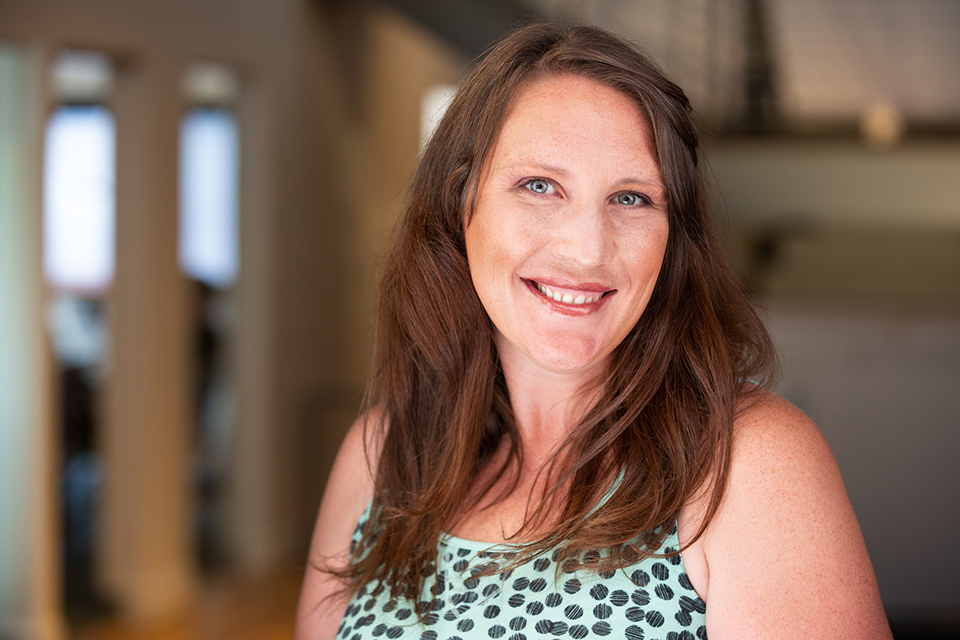June 23, 2021
Q: When should I get help for substance abuse?
A: My short answer is when the consequences outweigh the benefits of your drug or alcohol consumption. Maybe there aren’t consequences every time you use, but you’re experiencing severe challenges that otherwise wouldn’t be present without that substance. Particularly if these consequences have started escalating in severity (i.e. legal consequences, relationships deteriorating, financial hardships), it could be time to explore options and make changes. That doesn’t necessarily mean abstinence – maybe it’s a matter of reducing use or strengthening your other coping skills.
Physically speaking, a prominent sign of addiction is increased tolerance. If you use drugs daily, the part of the brain that creates dopamine – responsible for motivation, pleasure and joy – slowly stops working. Drugs stimulate the same receptors as dopamine, so after regular, prolonged use, the body believes it doesn't need to produce it on its own. This creates a new baseline and results in extreme stress and discomfort when drugs aren’t introduced to the system. After occasional use, on the other hand, the brain is able to correct itself and return to a normal baseline more easily.
Tolerance explains why people are able to drink or use drugs without appearing intoxicated. It’s also why it might be difficult to stop or cut back. If your brain relies on drugs, you’ll likely experience strong discomfort without them.
Regardless of your tolerance or physical dependence, if you’re unhappy with the role alcohol or other drugs are playing in your life, it may be time to get help. The myth that you need to “hit rock bottom” is incorrect and can be very dangerous. (Read more on our myths page.)
Ultimately, what matters most is how you feel. Ask yourself these three questions to get started: “Do I need this drug to function today?” “Do loved ones have a problem with my use?” “Is the substance having its own orbit in my life?” If you answer yes to any of these questions, maybe it’s time to evaluate your wellness.
As peer coaches, we remember how it feels to wonder if we needed help. We’re not here to judge or even diagnose your use. We use our lived experiences to help others find wellness, whatever that means to them. Get in touch with us here.

